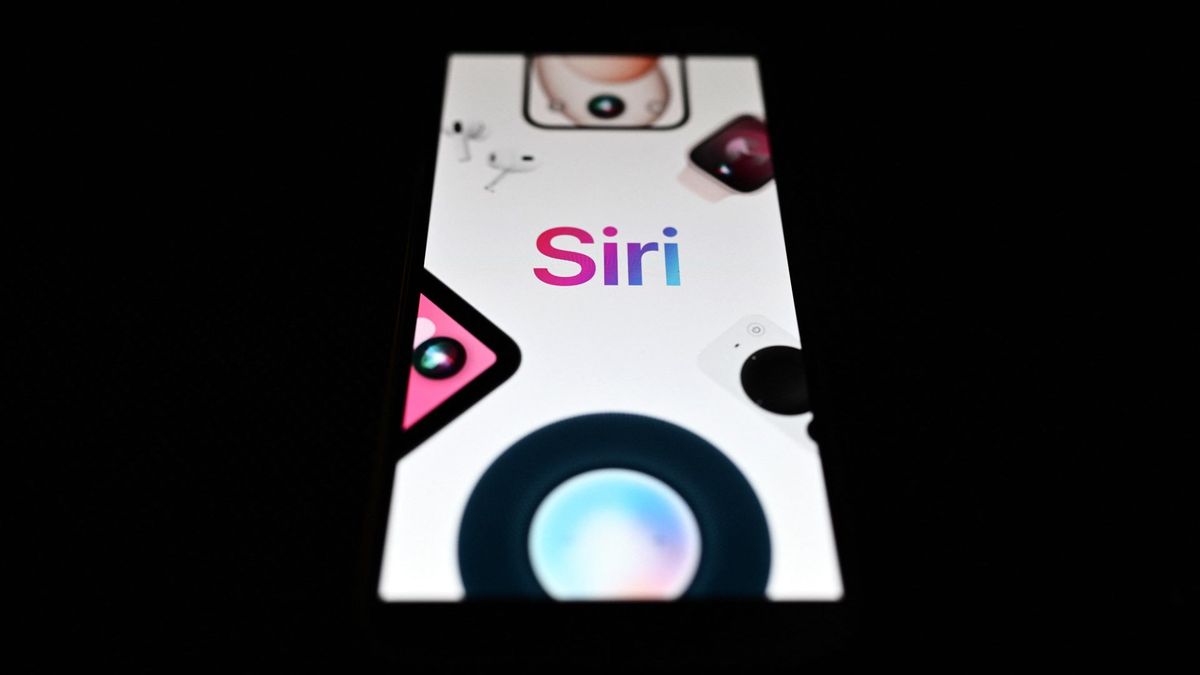A French human rights organization has filed a complaint accusing Apple of violating privacy laws by unlawfully recording and processing Siri users’ conversations without consent. The allegations come from a former insider who claims that Apple collected private voice recordings, potentially breaching GDPR regulations.
Did Siri break the law? Apple’s latest privacy complaint in France doesn’t bode well

Key Takeaways:
- A French NGO has accused Apple of violating privacy laws through Siri recordings.
- The complaint is based on a whistleblower’s claims of unauthorized data collection.
- Allegations include violations of GDPR and lack of user consent.
- Apple previously settled a similar lawsuit in California for \$95 million.
- Apple asserts that it modified its practices in 2019 to address privacy concerns.
French NGO Files Privacy Complaint Against Apple
France’s human rights organization, Ligue des droits de l’Homme (LDH), has filed a complaint accusing Apple of violating privacy laws, unlawful processing of personal data, and engaging in deceptive commercial practices. The complaint, submitted to the Paris prosecutor on February 13, 2025, alleges that Apple’s voice assistant, Siri, collected and processed users’ voice recordings without their consent.
Whistleblower Reveals Unauthorized Recordings
The allegations stem from claims made by former Apple subcontractor employee, Thomas Le Bonniec. In 2019, Le Bonniec worked for Globe Technical Services (GTS) in Cork, Ireland, where he was tasked with listening, transcribing, and tagging Siri recordings to improve its multilingual responses. According to Le Bonniec, employees routinely listened to private conversations inadvertently recorded by Siri without users’ knowledge.
“On the very first day, we were told we were going to work on recordings of people talking to their assistant Siri or on recordings captured without their knowledge when the machine was triggered by mistake,” Le Bonniec told Radio France.
Le Bonniec disclosed that the team handled a significant number of accidental recordings, including sensitive personal conversations. Some colleagues were assigned to label keywords from these recordings, linking them to personal data such as contacts, geolocations, music preferences, and more.
Alleged Violations of GDPR and Privacy Laws
The LDH’s complaint asserts that Apple’s practices contravene the European Union’s General Data Protection Regulation (GDPR) concerning data protection and informed consent. LDH president Nathalie Tehio emphasized the gravity of the situation in an interview with a French TV channel.
“It’s not just spied on, it’s recorded. There is listening, recording, and even sending,” said Tehio. “There is recording without people’s knowledge. This is an infraction. On the other hand, there is a violation of the GDPR, that is to say, the fact that we have not given our informed consent for this aspiration of personal data. These are two crimes.”
Apple’s Response and Privacy Measures
An Apple spokesperson noted that, at the time of reporting, only a complaint has been filed, and no official investigation has begun. The company pointed out that in 2019, changes were implemented to enhance Siri’s compliance with privacy commitments. These measures include no longer retaining audio recordings of Siri interactions and allowing users to opt in or out of sharing audio samples to improve Siri’s functionality.
As per Apple’s statement published in January 2025, “Apple has never used Siri data to build marketing profiles, never made it available for advertising, and never sold it to anyone for any purpose. We are constantly developing technologies to make Siri even more private, and will continue to do so.”
Previous Settlement in California
This French complaint arises just weeks after Apple agreed to pay \$95 million in settlements for a similar class-action lawsuit in California, known as Lopez et al v. Apple Inc . The lawsuit accused Siri of disclosing private conversations to advertisers. Although Apple did not admit wrongdoing, a company spokesperson stated the settlement was to “avoid additional litigation so we can move forward from concerns about third-party grading that we already addressed in 2019.”
Impact and Future Considerations
The outcome of the LDH’s complaint could have significant implications for Apple’s operations in Europe. It brings to the forefront ongoing concerns about how tech companies handle user data and adhere to privacy regulations. While no investigation has been launched yet, the case underscores the importance of informed consent and transparent data practices in the digital age.
Conclusion
As consumers become increasingly aware of privacy issues, companies like Apple face greater scrutiny over their data handling practices. The allegations by the LDH and the accounts from a former insider present challenges that may influence not only Apple’s policies but also broader industry standards regarding personal data and user consent.











